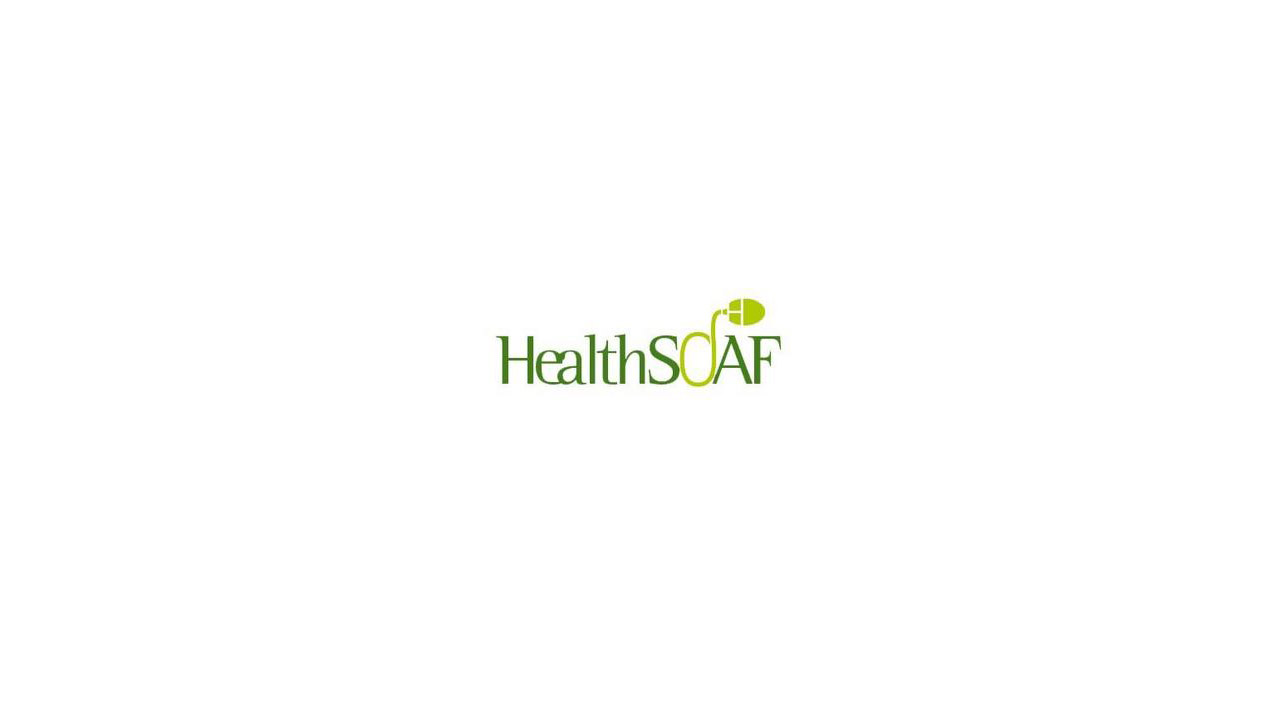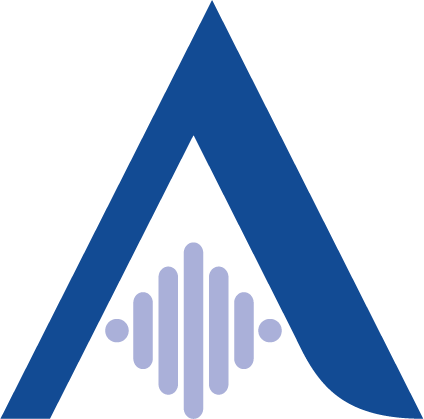Home / Press Release / HealthSOAF Project: innovative ...
HealthSOAF Project: innovative digital healthcare solution
HealthSOAF Project: innovative digital healthcare solution

18-06-2015
Recently completed trials in the field of headaches have demonstrated that the project has reduced visits to outpatient day surgery by 50%.
Recently completed trials in the field of headaches have demonstrated that the Project offers new, more efficient treatment models with significant savings in healthcare spending. Visits to outpatient day surgery were reduced by 50%.
Rome, 18 June 2015 – After four years of research and trials, the “HealthSOAF” project has been completed, with the development of an innovative digital healthcare platform for integration and interoperability between clinical-healthcare IT systems and services. The project, co-financed by the Italian Ministry of Education, Universities and Research (MUIR) within the scope of the “PON 2007-2013” research programme, saw the involvement of the University of Calabria, a group of companies – headed by AlmavivA, and including Dedalus, e-bag and LP1 – and the TEBAID consortium.
The aim of the project was to develop, test and validate new expertise focused on increasing the interoperability of clinical-healthcare IT systems, which are widely distributed and highly varied, adopting a service-oriented architecture.
HealthSOAF was in fact the first national project, and one of the first at the international level, to systematically engage with the creation of a framework covering all standard HSSP (Healthcare Service Specification Program) services, developing “generic”, shared and adaptable ICT services. These technological solutions enable and support strong integration between assistance and treatment environments, processes and plans, ensuring the provision of efficient and effective healthcare services in terms of quality, and economic and social cost.
This tech solution was trialled from July 2014 to the end of March 2015 through the HealthSOAF Pilot scheme in the context of headache treatment with the Calabrian integrated headache network (Rete Integrata Cefalee Calabria), a national centre of excellence, which involved headache patients, doctors and specialists, with extremely satisfying results.
Thanks to the support of HealthSOAF, the integrated clinical management of patients affected by headaches brought about a decrease in the number of hospital visits in favour of more targeted treatment across the territory, with savings for the Health Service and more efficient diagnosis. In particular, visits to the headache day surgery for episodic headaches at the Pugliese-Ciaccio di Catanzaro hospital decreased from 15.42% to 7.35%, with increased, more appropriate and more effective involvement of the GP.
HealthSOAF is proposed as an example of best practice for the technological development of ICT systems, in line with the European strategy that, in the action plan “Digital Healthcare 2012-2020 – Innovative Healthcare for the 21st Century”, includes increased interoperability of digital healthcare services amongst its operational targets.
Digital healthcare – ICT for health and wellbeing – is considered a key instrument in bringing about significant improvements in the provision of healthcare services to citizens. At the same time, the technology can increase the quality of services, lowering costs and limiting waste and inefficiencies.
The HealthSOAF project also included an advanced training initiative, entitled “HealthSOALearning: Standards and Technologies supporting the healthcare service architecture”, organised by the University of Calabria and the TEBAID consortium. HealthSOALearning has offered innovative professional training for two roles: Technical Expert and End-User, helping individuals to develop advanced skills in designing, organising, managing and auditing efficient and effective services for the healthcare system, in an integrated and interoperable manner. Specifically, 24 young professionals have been trained, and are now equipped with specialist skills that could have a significant strategic impact in the clinical-health sector, contributing to better healthcare services both in terms of increased efficiency, quality and effectiveness, and appropriate management and control of economic and social costs.


